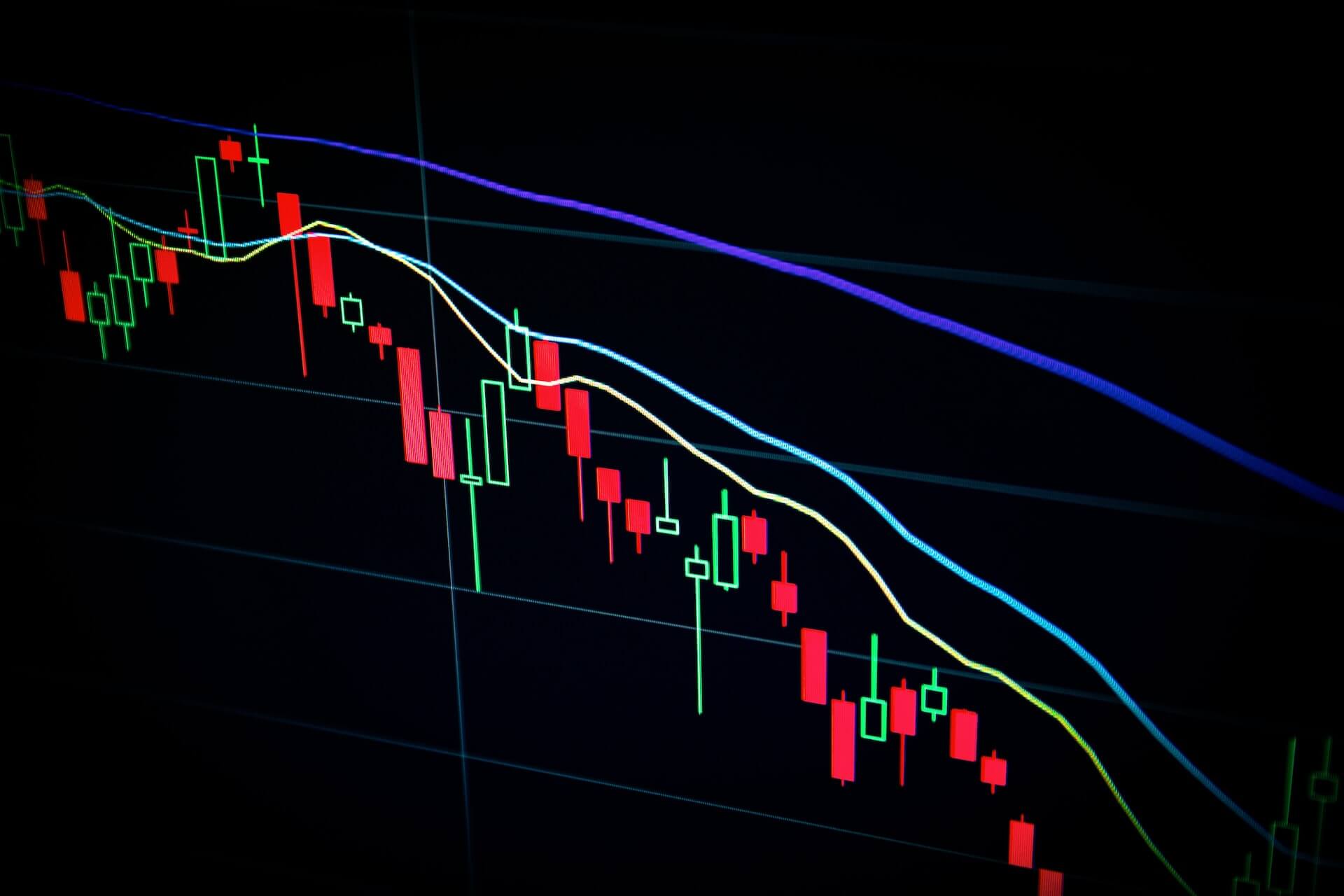
Despite being fueled by a broad distrust of central banking and fiat currencies, the $800 billion global crypto market is increasingly finding itself under the glare of federal regulators and agencies. The $8 billion FTX fiasco in recent weeks, that saw millions of investors lose their savings overnight, was the last straw in this regard, and there is seemingly no turning back from here.
The US Securities and Exchange Commission is pushing for the inclusion of cryptocurrencies and its entire spectrum of digital assets under the agency’s regulatory oversight, with plans to form a new Crypto Assets & Cyber Unit to enforce regulations.
With this, crypto trading, markets, and exchanges are set to fundamentally change over the next few months, with days of the ‘Wild West’, all but over.
What you'll learn 👉
1. Stablecoins & Proof of Reserves
Agencies will likely begin their regulatory onslaught with stablecoins, which offers a great alternative for investors who want to hold assets in crypto without the volatility that comes with it.
Stablecoins are essentially pegged to fiat currencies such as the US dollar, effectively aiding in trade, remittances, and cross-border transactions, and more, without any of the red-tape and limitations of legacy systems.
This novel concept, however, came under scrutiny following the collapse of TerraUSD early this year, when the value of the coin fell to as much as 30% of the value of a US dollar which it was pegged to.
This was mostly a result of misrepresenting reserves, and as such, newer regulations and innovations pertaining to proof of reserves, and transparent disclosures will become the norm going forward.
2. Regulatory Requirements For Exchanges
Exchanges play a critical role in facilitating trade in the global crypto markets, and over the years, it is precisely the impropriety on the part of exchanges that have led to bearish performances. Starting with Mt Gox in 2014, BitStamp, and now FTX, such scandals have eroded investor confidence in recent years, making regulation and oversight the need of the hour.
According to the SEC, crypto exchanges work similar to traditional stock exchanges, and as a result, must register as a broker-dealer, while complying with the same rules, laws, and standards as the leading securities exchanges. This brings with it a lot of regulatory and compliance efforts, making it no longer possible for crypto exchanges to maintain their lean approach.
These regulations will further clamp down on a number of activities that crypto exchanges partook in, which were legal, ethical, and more gray areas. This includes front-running, wash trading, and freezing customer accounts without proper due process.
The regulations would likely also prescribe standards for the maintenance and safeguarding of customer balances, which has been a serious issue in recent years.
3. ICOs & New Tokens Will Face Scrutiny
Initial coin offerings and new tokens have had a free run so far, with 17,000 altcoins in the market within just a few years. While this represented a new laissez faire approach to finance, and the pinnacle of the decentralized finance (DeFi) movement, it also came with its share of scams and scandals, making it the next frontier for regulatory scrutiny.
SEC has long made its stance clear pertaining to ICOs, referring to DAO tokens as investment securities, requiring the same levels of oversight and compliance requirements as with a security offering.
The agency is expected to shift gears when it comes to enforcement in the upcoming months, going all-out to prevent investors from being taken for a ride, and issuing fresh rules and guidelines for ICOs and DAOs.
Final Words
The global crypto economy has gone through a lot over the past 12 months, and even though the so-called ‘Crypto Winter’ remains in full swing, it is expected to snap out of it, as optimism for the new age of finance starts to rebuild over the next few months.
Laws and regulations in this regard are a good thing, so long as they don’t clamp down on the remarkable freedom crypto stands to offer with no decentralized authority having outsized power or control on the economy.





